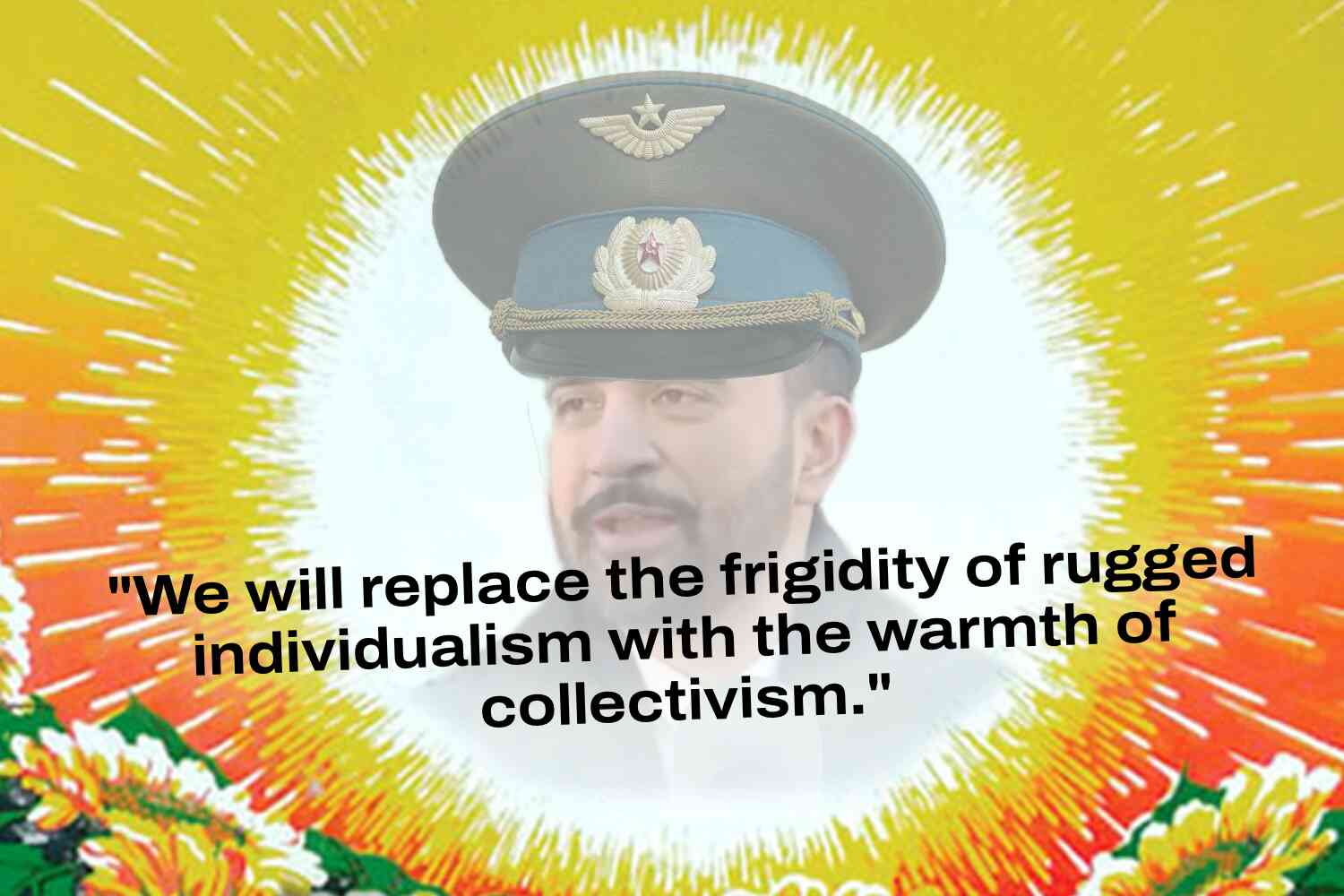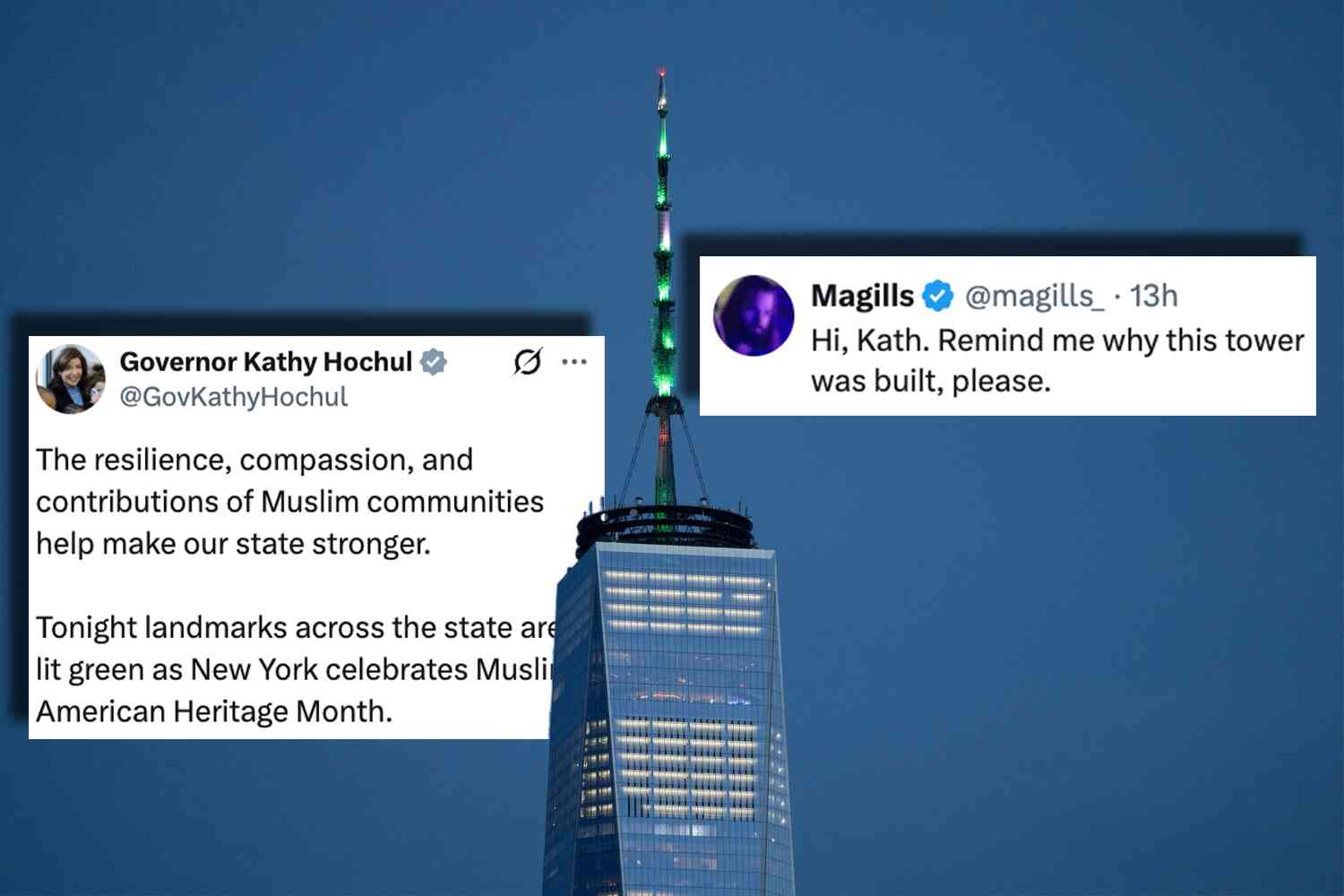Most people spend close to, and sometimes more than, half of their waking hours at work. As such, it can become an important environment for social interaction and personal contact, which can be important not only for people's emotional well-being but for the creation of a common purpose and a certain esprit de corps which can be so important to the ultimate success of an organization.
But we need to forget all that now.
Going forward, just keep your mouth shut if you want to stay out of trouble.
What are "microaggressions?"
[Microaggression are] indirect, often unintentional expressions of racism, sexism, ageism, or ableism. They come out in seemingly innocuous comments by people who might be well-intentioned.
"Indirect." "Unintentional." "Innocuous." "Well-intentioned."
Because microaggressions are so subtle, it's often hard to know if you're committing one or if you're on the receiving end.
To sum up, microaggressions can be well-intentioned, and so innocuous and indirect that neither party in the exchange is even aware that there was one.
Clearly, we must not let any opportunity to manufacture offense where there was none slip by, so as to turn wholly innocent exchanges into something sinister.
How else are we supposed to turn people against one another?
The World Economic Forum has a handy list of 14 microaggressions. Let's examine a few.
In tracts like this, it's always helpful to start out reasonable the better to establish some credibility upfront before you descend into crazy land.
This piece was no exception and suggests you should avoid pointing out that a black colleague is "articulate." We should all remember this from Joe Biden's infamous gaffe from his 2008 run.
Having hooked you with that, it goes downhill from there.
"You're transgender? Wow, you don't look like it at all"
I probably wouldn't word it quite this way, I imagine few would, but expressing a genuine interest in someone regarding an identity they apparently feel very strongly about is not being insulting, it's being human.
It indicates that the speaker feels looking as close as possible to cisgender (those who identify with the gender they were born with) should be what trans people aim for.
No, it doesn't. It indicates that someone is interested in you on a personal level and open to discussing it.
As I've said before, courtesy is a two-way street. If it's well-intentioned, take it as such. Use it as an opportunity to have an honest conversation, not to file a complaint with HR.
The World Economic Forum's suggestion? Keep your mouth shut.
What to do instead: Say nothing.
Of course.
'Oh, sorry, wrong person'
It's a microaggression to be bad with names.
If you're an underrepresented minority, and there's one other person of your identity in the room, there's a chance that the majority group will confuse your names.
"There's a chance."
You know where else there's a chance of this happening? With every other person in the organization.
When do I confuse names? All. The. Time.
Not every social error is racist unless you spend all your waking hours turning over every rock to find racism.
The solution?
What to say instead: Learn your coworkers' names. It's a pretty basic concept.
Thank you, World Economic Forum. Great advice. Never occurred to me.
Now go solve China's serial violations of WTO regulations.
'Where are you actually from?'
Asking someone about their ethnic heritage appears to just be a way to get to know someone.
"Appears to be." But we know there is something more diabolical afoot, or at least we're going to assume it.
But for Latinos, Asians, and "people who fall in between the black-white racial binary in the United States," the question gets tiresome, wrote journalist Tanzina Vega in CNN.
People being sincerely interested in you is "tiresome." Got it.
"The next time you want to inquire about someone's race, ethnicity or national origin, ask yourself: Why do I want to know?" Vega wrote.
Why do you want to know? Human curiosity maybe? A genuine interest in a colleague? Small talk?
Nah.
Receiving that question again and again can imply that a person isn't really American or doesn't truly belong in their country, just because of their appearance.
Is the speaker implying that, or are you trying to get people to infer it? Big difference.
"Or better yet, rather than asking anyone 'where are you really from?' try listening — or letting that person ask you a question — instead."
Because you don't do that already, right? That's the assumption.
Incidentally, while I am solidly white-looking I get this question because of my name. I have managed to go decades without being offended.
Solution?
What to say instead: Nothing.
Keep your mouth shut, racist.
'Why do you wear that?
Those who are Jewish, Sikh, Muslim, or another religion and choose to wear religious head coverings might get overly probing questions at work.
Yes, they might. Humans are curious, social beings. That used to be considered a good thing.
In reality, that one person isn't a representative of their entire religion. If you want to learn more about that religion, you shouldn't ask people while they're just trying to do their job.''
Keep your head down. Don't raise your eyes. Don't speak to anyone. Got it?
What to do instead: Say nothing.
They add this handy tip.
If you're curious about why religious people choose to wear certain articles of clothing, read articles or books by those who do it.
Why talk to people in a genuine human exchange of ideas when you can Google it in solitude!
Don't go around asking random colleagues about their life choices
"Random colleagues." Again with the assumptions. You are not a friendly social person. No, instead you are probably running around the organization hunting down everyone with a head covering you don't recognize and interrogating them as to their religious beliefs and possibly fashion choices.
There are more like this, but you get the idea.
I don't doubt that if you are the only Sikh in an organization or the only person from Chile, these questions can get wearying, and it's not a bad idea to take that into consideration.
But "say nothing," is not a solution. It's dehumanizing. Is it really better to believe your work colleagues don't have any interest in you as a person? Is it better to feel isolated as they treat you like a tripwire of offensive outrage? Does that make someone feel more valued as a human being?
Creating these cultural minefields in which everyone is tiptoeing around each other, terrified of causing an offense that could send them to HR or worse, is the surest way to limit true human connections and the best way to split us up into identity-based factions, each ignorant and suspicious of the other.
Who does that benefit?









